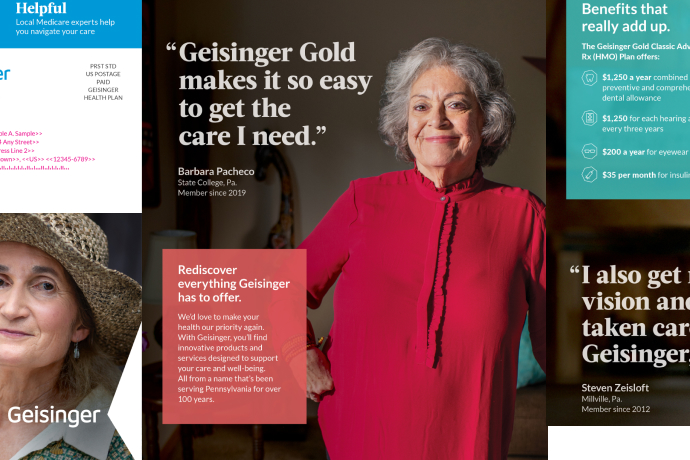What Factors Influence How Seniors Choose and Change Health Plans?

In the current healthcare marketplace, seniors have dozens of choices for Medicare and Part D drug plans. From a consumer perspective, that’s good news and bad news. The good news? It’s likely there’s an available plan from a trusted company to meet just about every need. The bad news? Shopping when there are so many choices can be overwhelming. As a result, a part of any payer’s Medicare marketing strategy has to be to simplify the process for seniors while standing out in a crowded field.
Therefore, clues about what motivates seniors to choose (and change) health insurance plans are tremendously helpful to marketers, and the Kaiser Family Foundation (KFF) has them. KFF conducted focus groups with Medicare beneficiaries in Baltimore, Seattle, Memphis and Tampa, and the resulting report offers insights into the factors that influence the decisions seniors make when considering all of the options.
Here are some key findings:
Seniors consider 5 major factors
When first enrolling, seniors cite the importance of
- “premiums and out-of-pocket costs,”
- “access to desired providers,”
- “familiarity with the name of the company offering the plan,”
- “favorable experience with a plan representative” and
- “adequate coverage for their healthcare needs.”
Seniors have information overload
The volume of information seniors receive by mail and via television and radio can frustrate seniors who say they struggle to “organize the information to determine which plan is best.”
Seniors go to great lengths to avoid switching
Seniors are reluctant to change insurers during open enrollment periods because the initial selection process was so difficult and they fear “that a change in plan may disrupt their care or lead to an unforeseen increase in out-of-pocket costs and require them to learn a daunting new set of rules and requirements.”
Seniors are leery of change
Since premium increases are viewed as inevitable, only the most drastic price increases spur seniors to switch plans. They are “skeptical that any other plan would be much better, even if they were less than satisfied with their coverage or costs.” And many “go to considerable lengths to make their existing plans work.”
Good news for insurers
Overwhelmingly, these findings point to the initial enrollment as a crucial time to earn the business of seniors. In addition, marketing materials and campaigns must not only differentiate insurers from their competitors but also contain proof points about provider networks and ease of plan use. Specifically, marketing efforts must take into account:
- Seniors want choices, but also want to feel qualified to make them.
- Seniors are frustrated by the lack of tools to truly compare plans.
- Seniors are looking for advice from experts and those they trust.
- The company that can provide clear, concise information in small, digestible chunks on the most relevant topics will win business.
SOURCE: “How are Seniors Choosing and Changing Health Insurance Plans? Findings from Focus Groups with Medicare Beneficiaries.” May 2014. Prepared by the Kaiser Family Foundation and PerryUndem Research and Communication.









